Astronaut Chris Hadfield says manned mission to Mars has been possible for decades
Former ISS commander claims technology to put humans on red plane has existed since 1960s
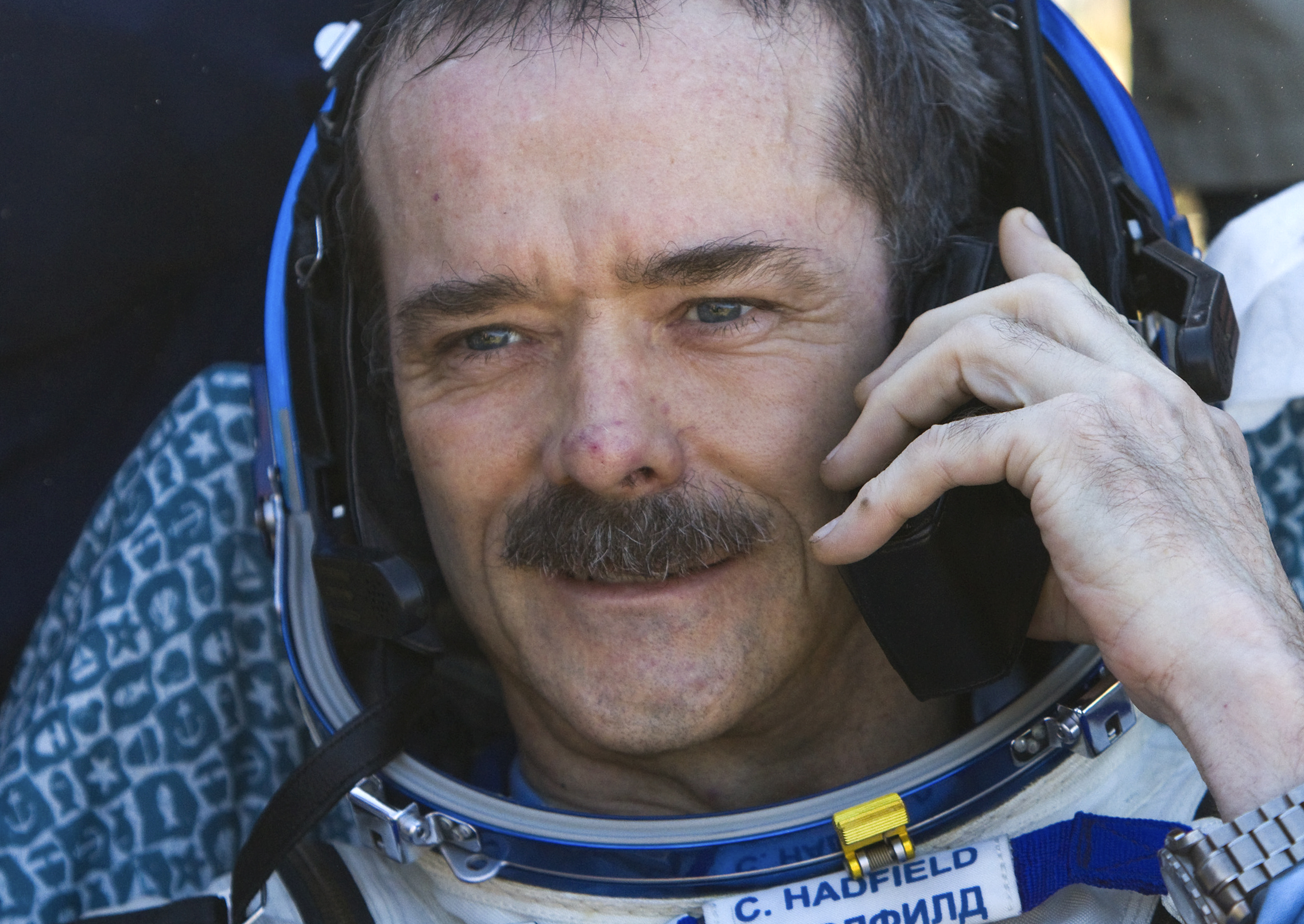
A free daily email with the biggest news stories of the day – and the best features from TheWeek.com
You are now subscribed
Your newsletter sign-up was successful
Humans gained the capability to travel to Mars shortly after the first Moon landings took place nearly 50 years ago, according to retired astronaut Chris Hadfield.
In an interview with Business Insider, the former commander of the International Space Station (ISS) was asked whether he thinks Nasa, SpaceX or Jeff Bezos’s Blue Origin were capable of sending humans to the red planet within the next decade.
Hadfield, renowned for his rendition of David Bowie’s Space Oddity while in orbit, responded that humans could have travelled to Mars “decades ago”.
The Week
Escape your echo chamber. Get the facts behind the news, plus analysis from multiple perspectives.

Sign up for The Week's Free Newsletters
From our morning news briefing to a weekly Good News Newsletter, get the best of The Week delivered directly to your inbox.
From our morning news briefing to a weekly Good News Newsletter, get the best of The Week delivered directly to your inbox.
“The technology that took us to the Moon and back when I was just a kid - that technology can take us to Mars,” he told the news site.
Hadfield is right, says Tech Times, which notes that plans to send humans to the red planet were drawn up by scientists including Wernher von Braun, the architect of the Saturn V Moon rocket, as early as 1952.
However, while a manned mission to the planet may have been possible decades ago, the risk to human life was too high, according to Hadfield.
“The majority of the astronauts that we send on those missions wouldn’t make it,” the Canadian spaceman said. “They’d die.”
A free daily email with the biggest news stories of the day – and the best features from TheWeek.com
The immense distance between Earth and Mars poses a number of problems for scientists and astronauts. “Launching shuttles to Mars so far has taken huge lengths of time – anywhere from 128 to 333 days,” says The Sun.
Dangers associated with longer flights include cancer caused by prolonged exposure to “deep-space radiation” and a greater risk of heart disease, the newspaper explains.
Hadfield compares the feat of putting humans on Mars to that undertaken by Portuguese voyager Ferdinand Magellan, who explored the East Indies between 1519 and 1521.
“Magellan, when he launched in 1519, they launched with five ships and 250 people to try and just go around the world once, and almost everybody died,” he said.
-
 Local elections 2026: where are they and who is expected to win?
Local elections 2026: where are they and who is expected to win?The Explainer Labour is braced for heavy losses and U-turn on postponing some council elections hasn’t helped the party’s prospects
-
 6 of the world’s most accessible destinations
6 of the world’s most accessible destinationsThe Week Recommends Experience all of Berlin, Singapore and Sydney
-
 How the FCC’s ‘equal time’ rule works
How the FCC’s ‘equal time’ rule worksIn the Spotlight The law is at the heart of the Colbert-CBS conflict
-
 Elon Musk’s pivot from Mars to the moon
Elon Musk’s pivot from Mars to the moonIn the Spotlight SpaceX shifts focus with IPO approaching
-
 Data centers could soon be orbiting in space
Data centers could soon be orbiting in spaceUnder the radar The AI revolution is going cosmic
-
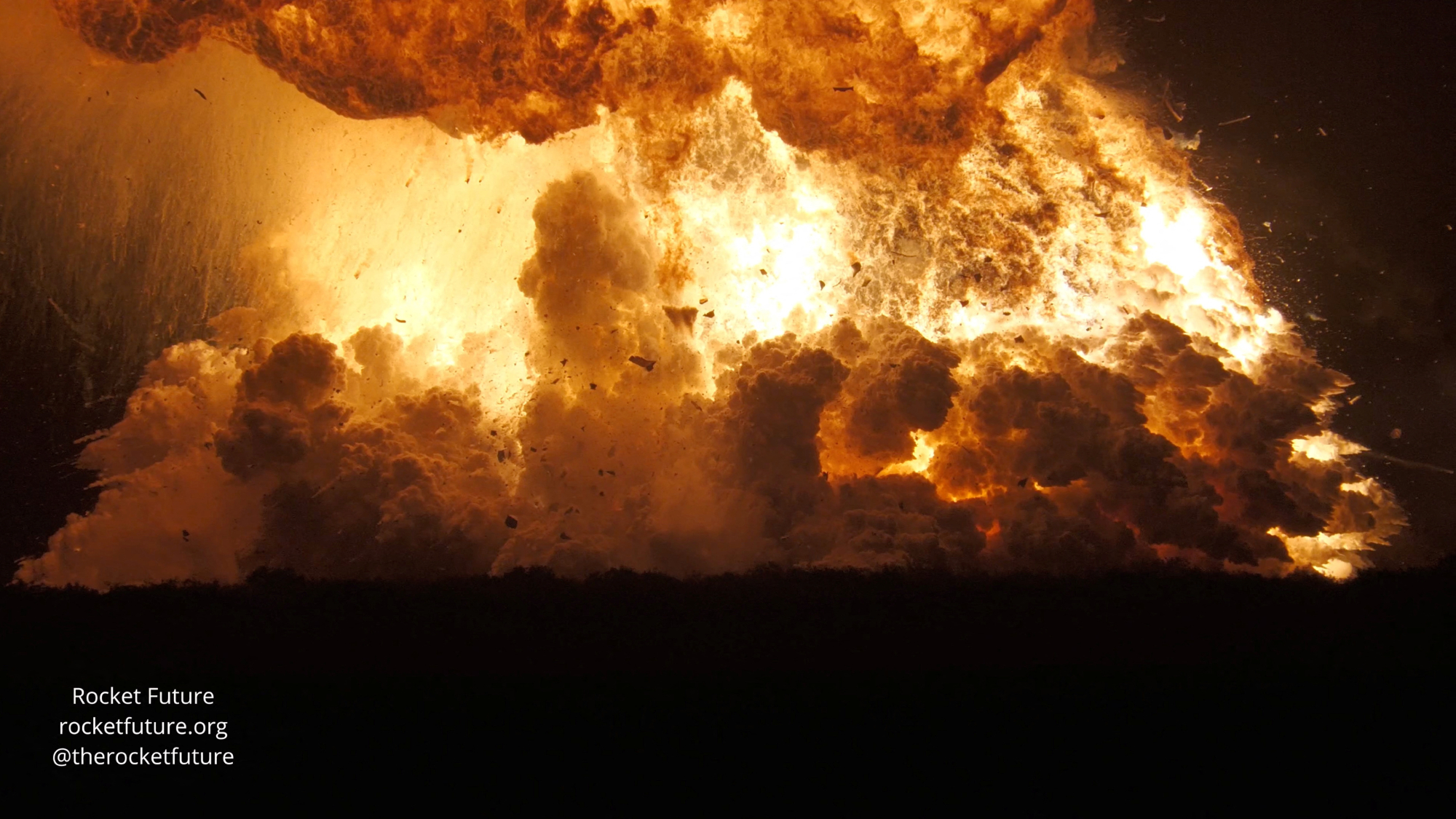 Another Starship blast sets back Musk's Mars hopes
Another Starship blast sets back Musk's Mars hopesSpeed Read Nobody was killed in the explosion, which occurred in south Texas
-
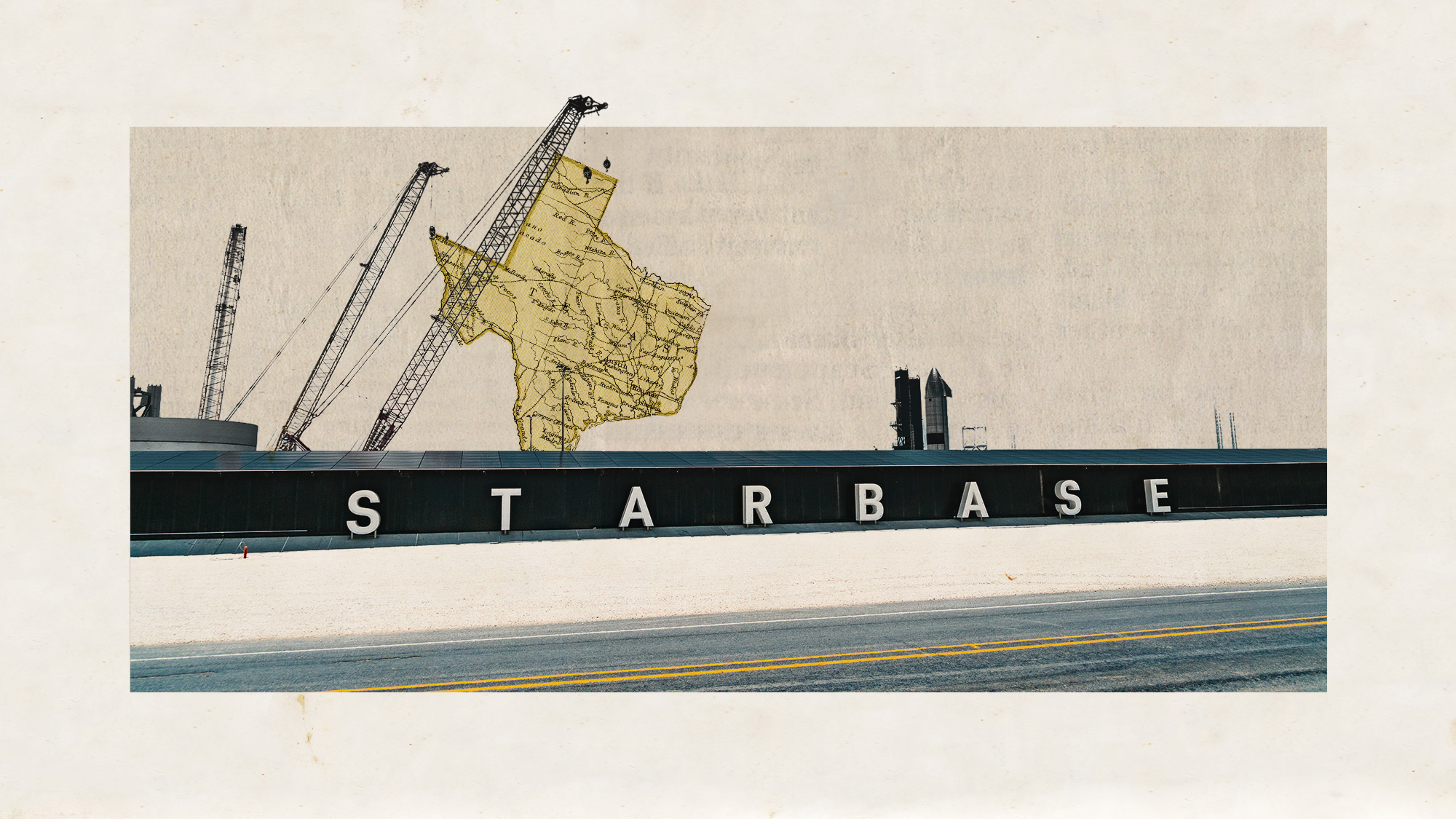 Elon Musk's SpaceX has created a new city in Texas
Elon Musk's SpaceX has created a new city in TexasUnder The Radar Starbase is home to SpaceX's rocket launch site
-
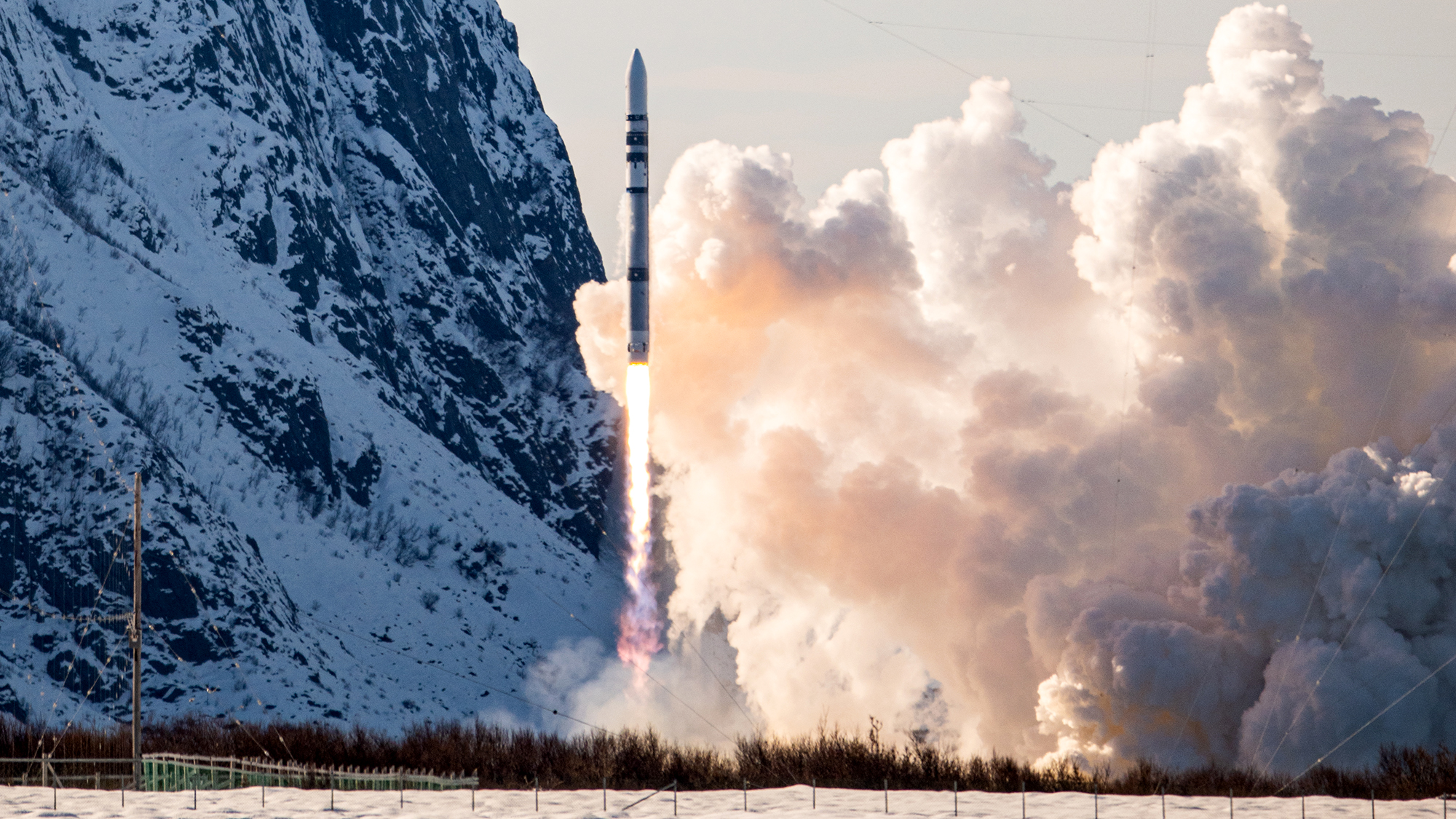 Test flight of orbital rocket from Europe explodes
Test flight of orbital rocket from Europe explodesSpeed Read Isar Aerospace conducted the first test flight of the Spectrum orbital rocket, which crashed after takeoff
-
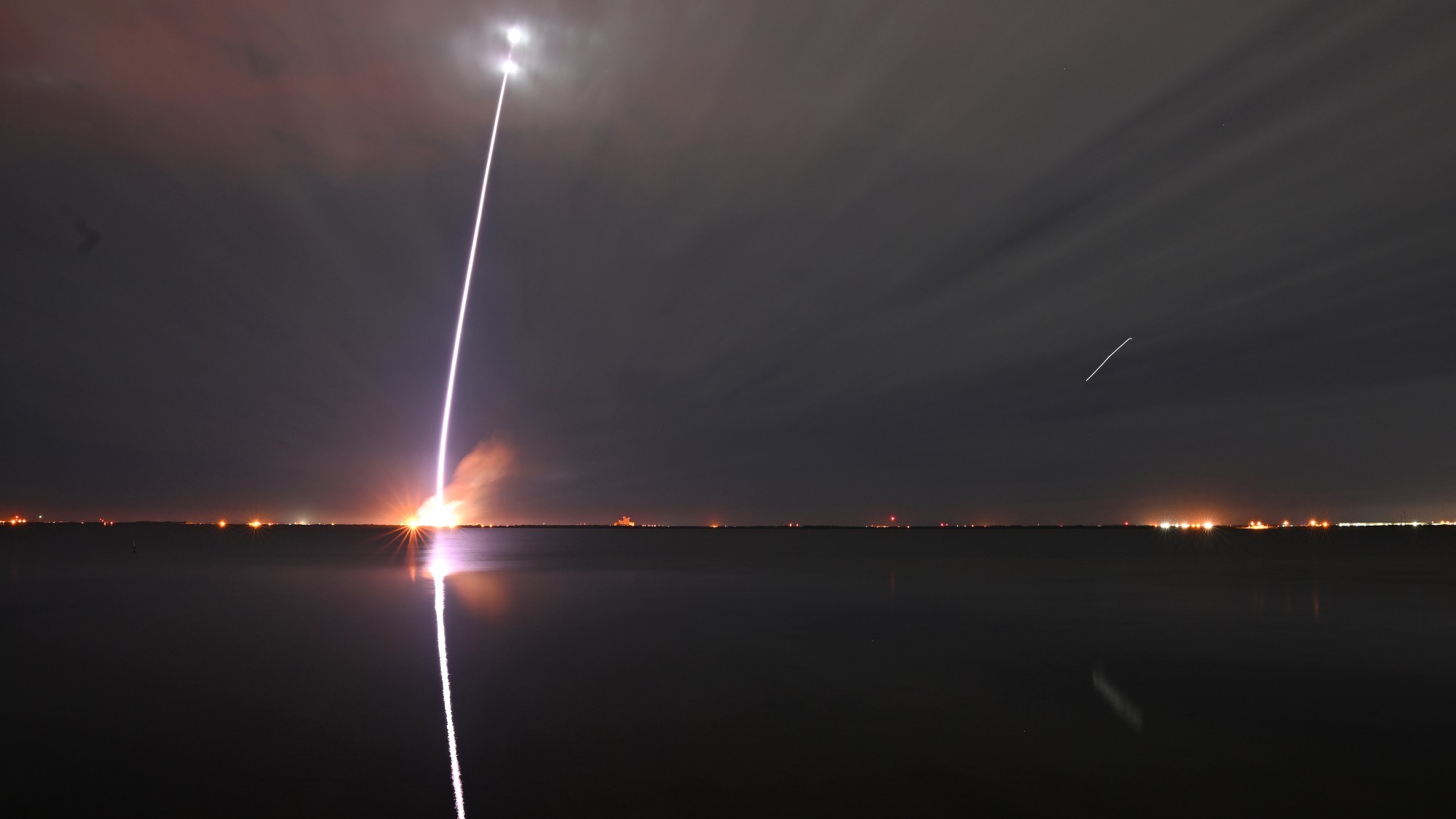 Jeff Bezos, Elon Musk and the billionaire space race
Jeff Bezos, Elon Musk and the billionaire space raceThe Explainer Tesla CEO and Amazon founder vie for dominance of satellite launch market and could influence Nasa plans to return to Moon
-
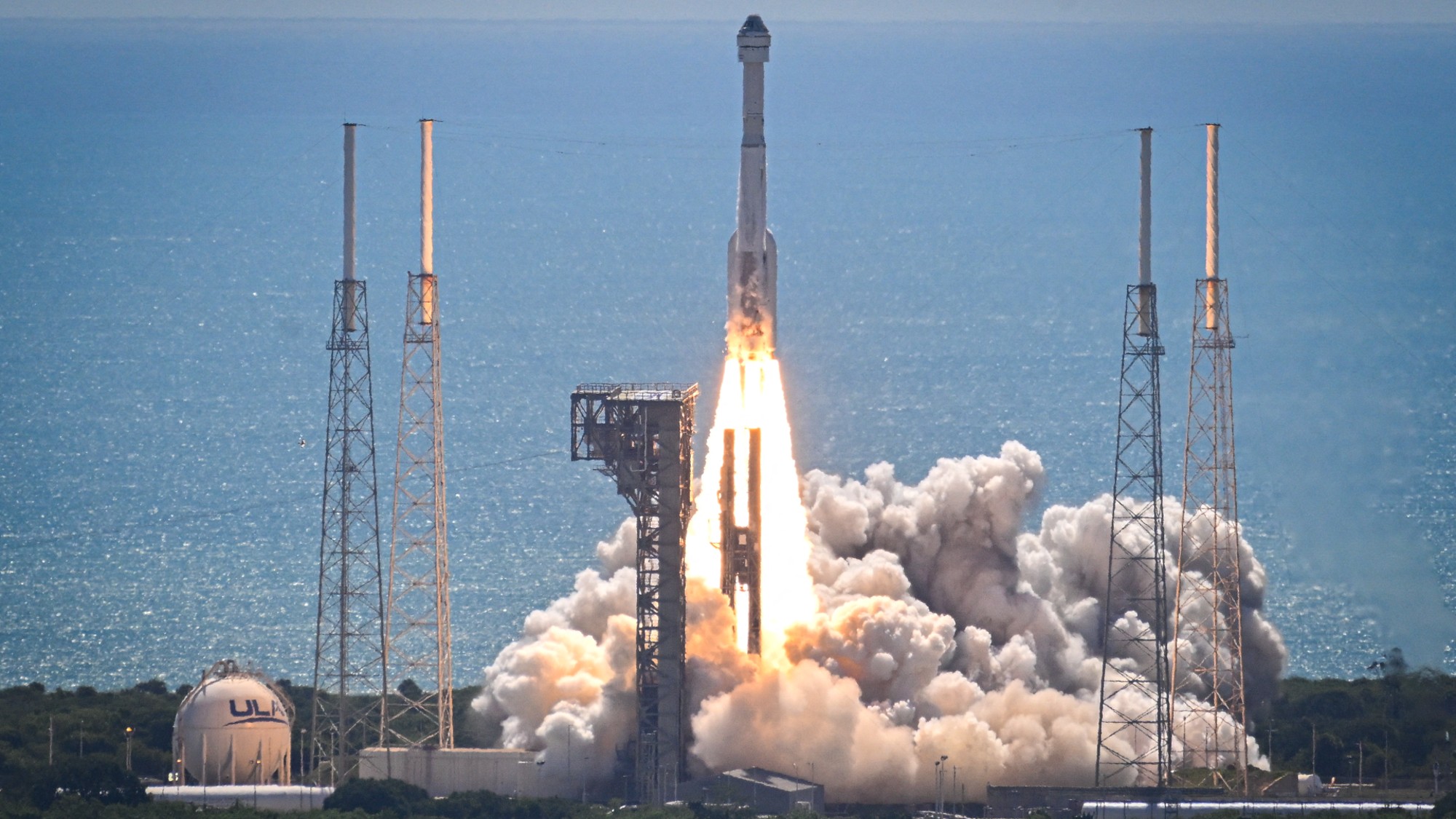 Starliner: What went wrong?
Starliner: What went wrong?Today's Big Question Boeing spacecraft has had a 'long, difficult road'
-
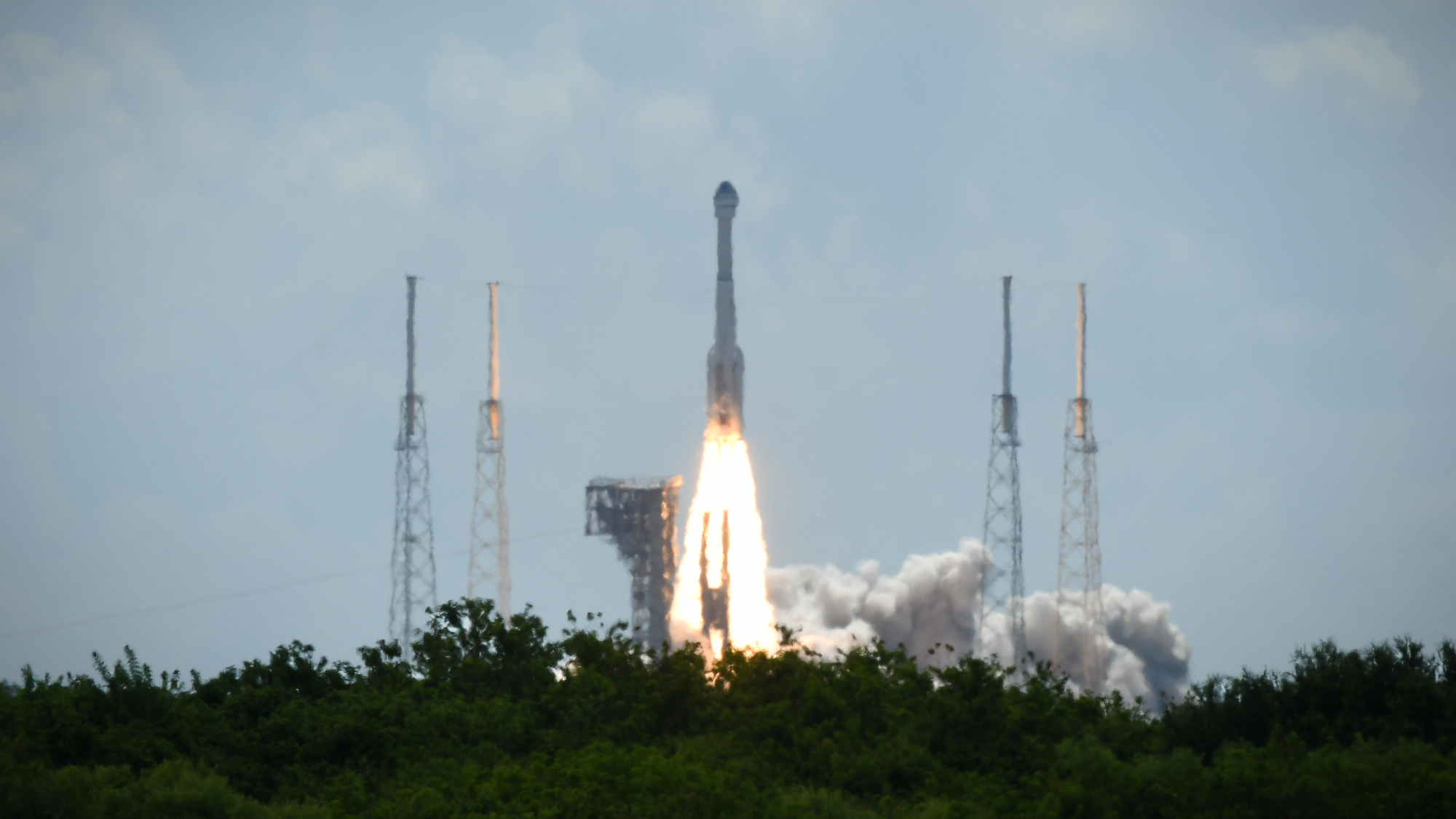 Boeing, SpaceX successfully test key rockets
Boeing, SpaceX successfully test key rocketsSpeed Read Boeing’s Starliner docked at the ISS and SpaceX completed its fourth test launch of its Starship spacecraft